Perception matters. The world is full of geometric shapes and we, as humans, have assigned each one of them a meaning.
Every logo has a meaning assigned to it and it’s better to use the right shape for your logo. But before we discuss the psychology of shapes in logo design and marketing, let us first look deep into the different kinds of shapes.
Types of shapes
Geometric Shapes
These shapes have recognisable geometry. Basic shapes like squares, triangles, circles, straight lines, etc. come under geometric shapes.
These shapes are usually
- Structured
- Organised
- Symmetrical

Natural/Organic Shapes
As the name suggests, Organic shapes belong to nature. These shapes represent the things found in Natural surroundings. For example – Flowers, trees, clouds, earth, stars, etc.
These shapes usually
- Have curves
- Are uneven
- Are representative
- Sometimes asymmetrical

Abstract Shapes
These shapes are not real shapes. They are derived from organic shapes.
Abstract shapes are usually stylized or simplified forms or the combination of the other shapes. For example stick figures for humans or shape ‘V’ for a bird.

A good marketer always uses the psychology of shapes in logo design. He knows the hidden message of the shapes and uses them wisely while designing his logo.
Psychology of Shapes in Logo Design – Geometric Shapes
Four Sided Structures [Squares & Rectangles]

Four-sided structures are everywhere, from buildings to tables to the tiniest sugar cubes, we see four sides everywhere. We even spend most of our time in a four-walled room.
Hence, these smooth and straight lines have formed their meaning in our minds.
These four-sided structures depict –
- Trust
- Stability
- Uniformity
- Honesty
- Equality
- Security
Furthermore, the shapes which have Right Angles [Squares & Rectangles] represent
- order
- rationality
- formality
However, these qualities are depicted when these shapes rest on their base. Tilt them a bit and their stability is lost. But there’s an addition of attention capturing property.

Squares and rectangles are so common that they lack attention capturing capabilities. A little tilt might make them capture attention but it results in loss of existing properties of stability, order, and formality.
Other four-sided structures like Trapezium and Rhombus have different meanings than squares and rectangles.

Trapezium (pyramid-like structures) depicts better stability and growth.
Rhombus depicts speed. (As in the case of DHL’s logo)

Three Sided Structure [Triangles]

Triangle is a leader. It is energetic and focused (because of the angles). Triangles represent action. It also depicts the direction of that action (the side they’re pointing to).
Triangles Depict –
- Dynamics
- Strength
- Aggression
- Action
- Direction
- Tension
- Balance
- Masculinity
- Peace
Triangle depicts different meanings when placed differently. They show stability and strength when placed on their base. But when tilted, they show instability and tension.


Round Shapes [ Circles, Ovals, ellipse]

The universe is an enclosed circle. It has no start or an end. Every eternal/spiritual thing or being is associated with the circle. Sun, moon, earth, galaxy, universe, everything is enclosed, everything is a circle. Circles are complete. They are free.
Circles depict
- Completeness
- Love
- Movement
- Eternity
- Protection
- Intellectualism
- Femininity (anything with the curves depicts femininity)
- Secret (they keep what’s within)
Circles are less common than other shapes. Hence, they act as attention seekers.

Curves

Curves are happy shapes. These shapes-
- are creative,
- have a rhythm,
- are generous, and
- give the pleasure of viewing.
Any shape with curves is considered to be feminine.

Straight Lines [Vertical Lines & Horizontal Lines]

Vertical lines block your way. They are dominant and bold. They are also considered to move upward. Hence, they represent
- Courage
- Domination
- Masculinity
- Boldness
- Aggression
- Growth

Horizontal lines rest on a platform. They are calm and harmless. They represent
- Calmness
- Rest
- Femininity
- Silence

Spirals

Spirals have a tendency to grow. They are creative, religious, and trustable. Their direction represents two different meanings.
Clockwise spirals start with a spiral and end with an open end. This represents incompleteness and an intention to go somewhere.
Anticlockwise spirals start with an open end and end up in a spiral which shows completeness and fulfilled intentions.
Psychology of Sharp Shapes / Sharp Angles
These shapes are more youthful, more aggressive, and are seen as more masculine. These represent
- Liveliness
- Anger
- Action
- Masculinity

Similarly, shapes with obtuse angles have perfectly opposite characteristics. They are considered
- Chill out
- Laid Back
- Passive
Psychology of Shapes in Logo Design – Organic Shapes
Organic Shapes are interest-based shapes. They are like geometric shapes but involves more of colour psychology as well. Organic shapes are a combination of basic geometric shapes and hence their meaning can be derived by deciphering the meaning of geometric shapes. Still, organic shapes depict certain common characteristics like
- Interest
- They are considered to be more related to the niche (if the shape relates to that of niche)
- Originality

Psychology of Shapes in Logo Design – Abstract Shapes
Abstract shapes are simplified and/or stylized versions of organic shapes. These are the simplification of ideas. Abstract shapes give shapes to ideas. Some of the abstract shapes have universal recognition while others require themselves to be explained.
Apple’s bitten logo is an abstract shape. People have come out with varied meanings for the same logo. Still, it has only one meaning – It represents the company which is different from others.
Abstract Shapes are used to stand out, and to differentiate from others.

Combination of Shapes
Sometimes, to express a message, a combination of different shapes can be used. Deciphering this combination can be made possible by applying two different visual psychology theories
Top-Down Processing Theory – We use our past experience or stored knowledge in order to infer about what we see.
Bottom-up Processing Theory – the sensation is perception. What we sense is what we perceive. Prior stored knowledge is not used while perceiving.
For example – A triangle on a square can be seen as an arrow or a rocket if we follow ‘Top-Down Processing Theory’. While we’ll try to assign it the meaning of square and a triangle if we follow ‘Bottom-Up Processing Theory’.
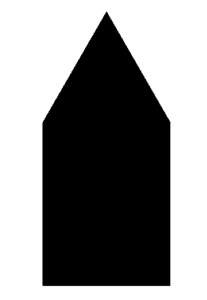
Go On, Tell Us What You Think!
Did we miss something? Come on! Tell us what you think of this article in the comment section.
A startup consultant, digital marketer, traveller, and philomath. Aashish has worked with over 20 startups and successfully helped them ideate, raise money, and succeed. When not working, he can be found hiking, camping, and stargazing.
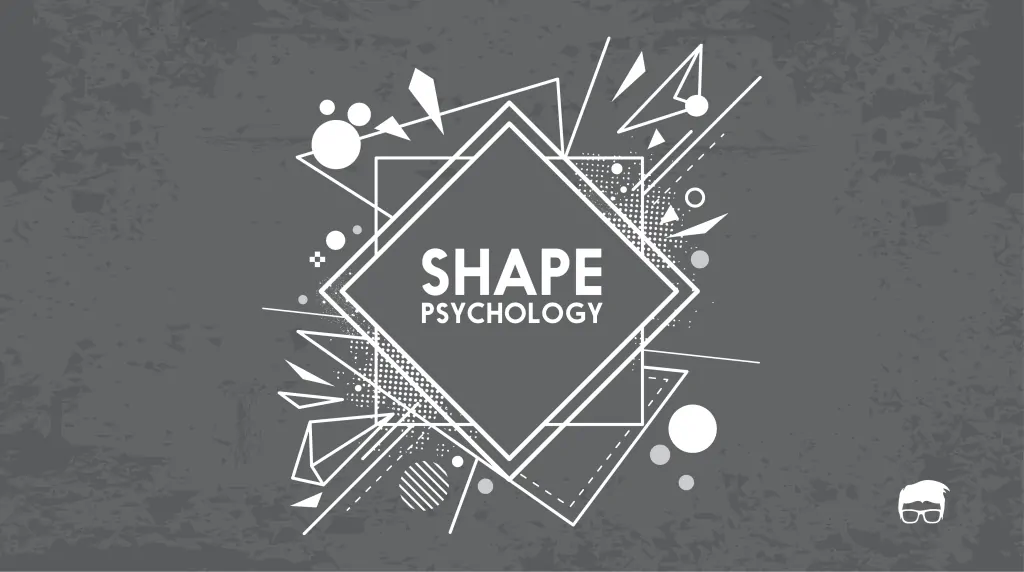
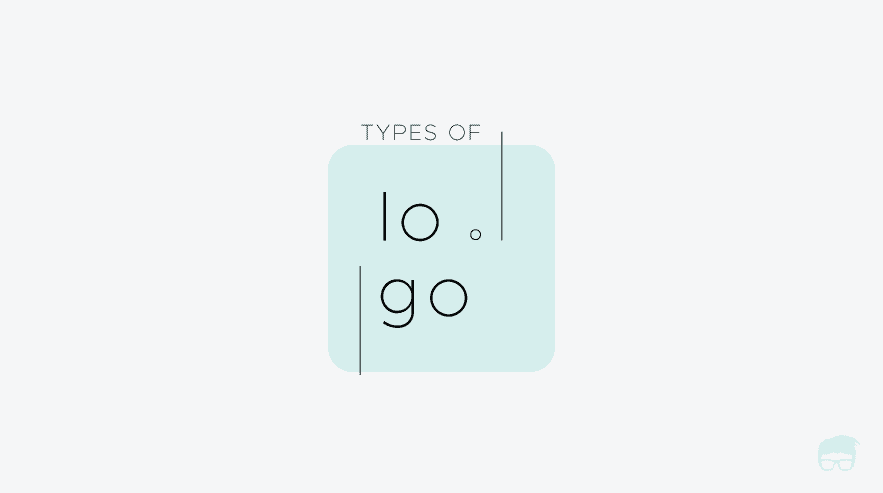
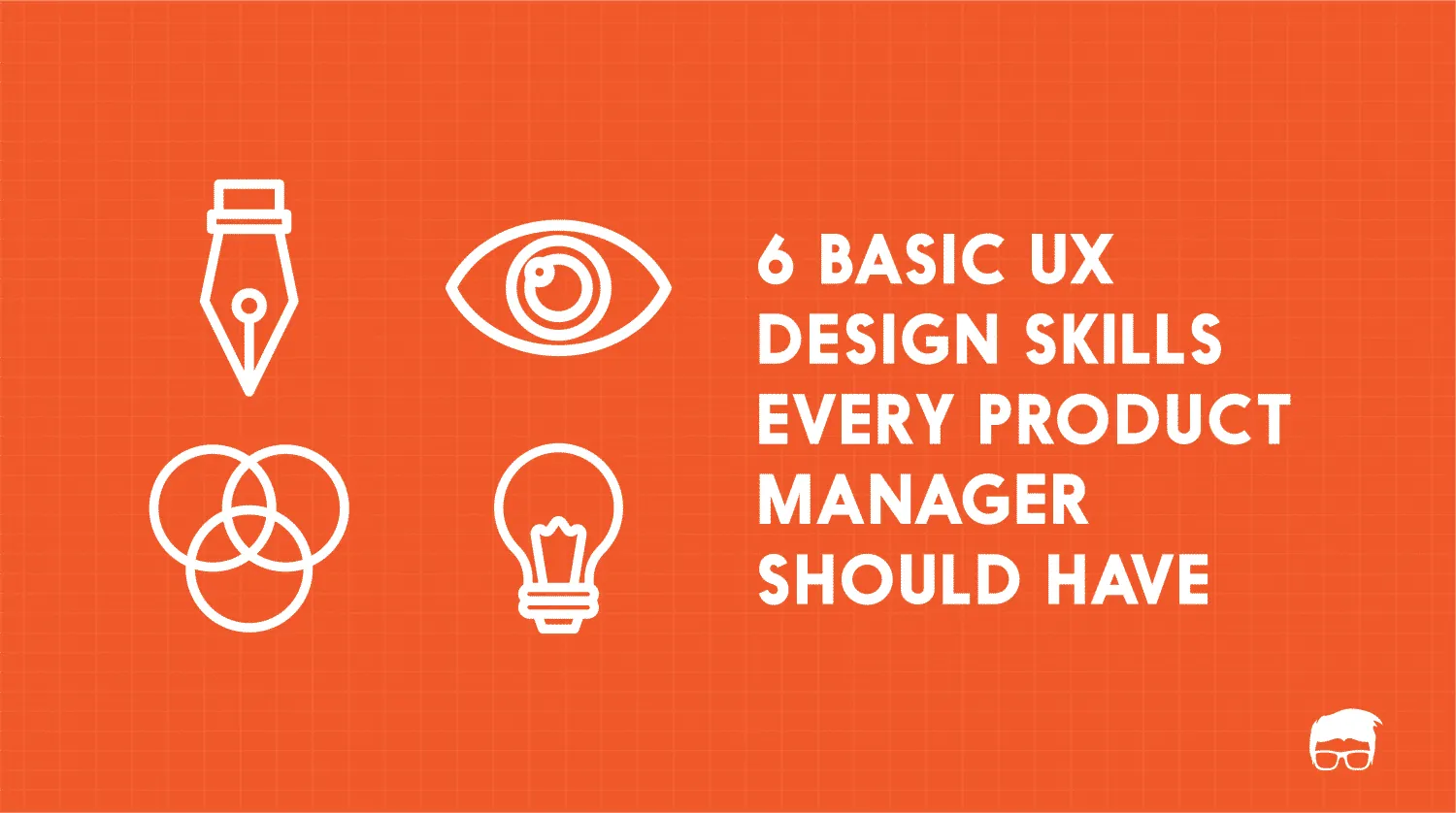
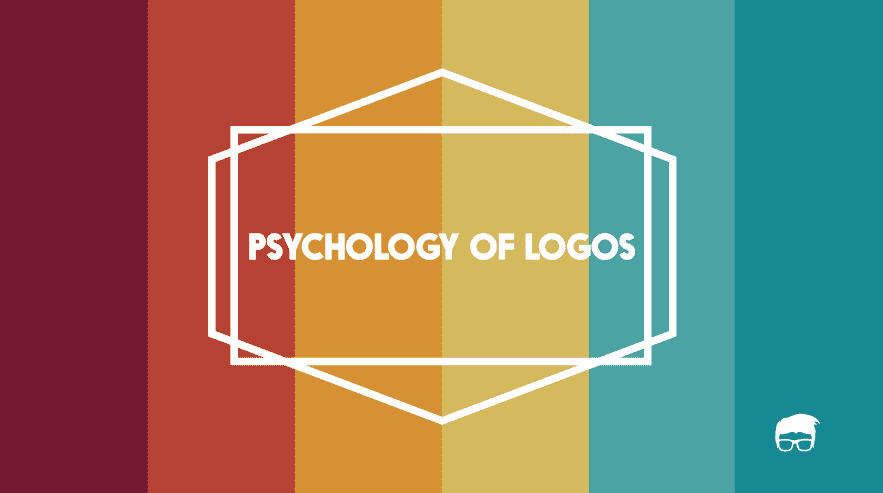
![Font Psychology For Logo Design [Complete Guide] font psychology](https://www.feedough.com/wp-content/uploads/2016/10/font-psychology-10.webp)

![How To Design A Logo Yourself [Detailed Guide] How To Design A Logo Yourself [Detailed Guide]](https://www.feedough.com/wp-content/uploads/2020/03/design-your-business-logo.webp)


